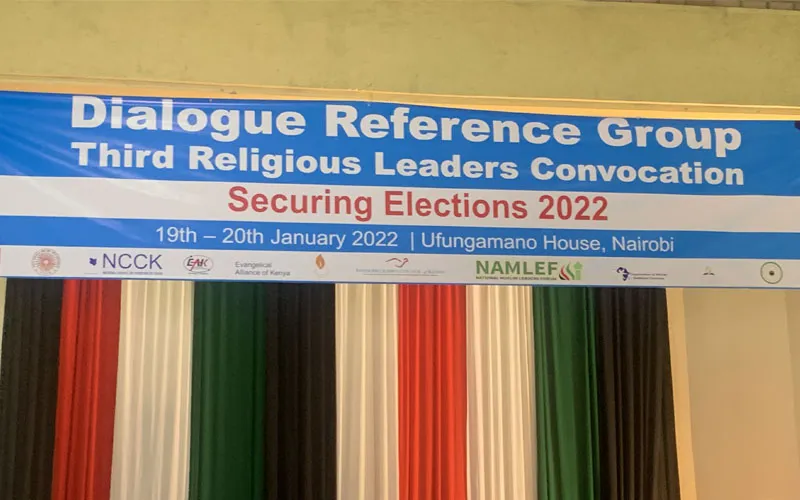The leaders highlight reported violence and extra-judicial killings in some parts of the country and say that security institutions are losing control of the situation in the East African nation.
They discussed the river Yala killing menace in Western Kenya and noted that the country’s security department has been accused of favoritism, disregard for rule of law, and gross human rights abuses.
“We have committed to engage the Inspector General, as well as security agencies at national, county and sub county levels to advocate for equitable implementation of the law,” the faith leaders say in their communiqué shared with ACI Africa.
They add, “In places like Yala, we will set up intelligence committees to investigate the identities of the people being killed as well as their killers and push for prosecution of the suspects.”
The religious leaders representing different faiths in Kenya underscore the need for civic education so as to prepare the public in making right choices and to avoid violence before, during and after the August 9 general elections.
(Story continues below)
The religious leaders promise to use places of worship to mobilize Kenyans especially the youth to register as voters and also to deliver civic and voter education that will empower the voters to embrace their sovereignty as Kenyans.
They further promise to deliver messages of peace and National cohesion using available forums including pulpits and other public forums.
The religious leaders promise to reach out to the President of Kenya and to caution him against promoting what they refer to as “succession politics.”
“We have committed to reach out to His Excellency President Uhuru Kenyatta and appeal to him to disengage from the succession politics,” they say, and add, “The President is the symbol of national unity as provided for Article 131 of the Constitution of Kenya 2010, and so he should remain above partisan politics, recognizing that he is the President of all Kenyans.”
“We will reach out to the Deputy President, Dr. William Ruto, to point out that he is using public resources and institutions to undertake partisan presidential campaigns, which goes against the values espoused in Article 10 of the Constitution,” the faith leaders say.
They also call upon those planning to vie for various positions in the forthcoming elections to accept results and to address any disputes through the courts of law where they felt aggrieved.
Silas Mwale Isenjia is a Kenyan journalist with a great zeal and interest for Catholic Church related communication. He holds a Bachelor’s Degree in Linguistics, Media and Communication from Moi University in Kenya. Silas has vast experience in the Media production industry. He currently works as a Journalist for ACI Africa.








